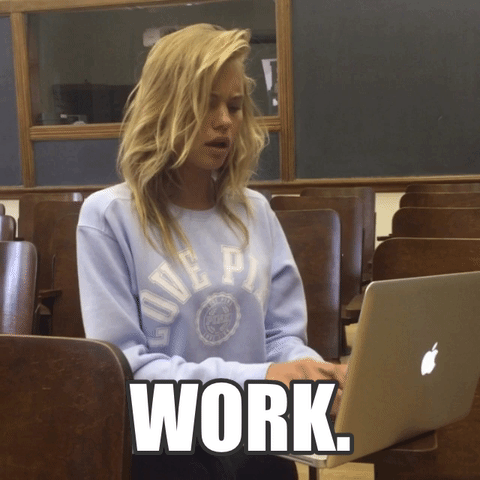What’s harder than adjusting to the icky community bathroom floors? Figuring out how to take notes for humanities courses. The students in both my classes took notes in journals or on computers. I didn’t know which I should pick. Which one would lead me on the path to that 4.0 GPA?
“It’s a great issue that many faculty, as well as students, struggle with,” George Washington University Associate Professor of History and Classics Diane Cline said. “In the humanities, you need to see the story in the facts and know their value and how things follow.” That’s where your notes come in handy. The connections students form in their notes allow them to process the information better than simply copying straight from the Powerpoint.
“Research shows that taking notes on paper makes students remember better and engage more than taking notes on a computer,” GW Professor of History Andrew Zimmerman said.
Besides that, with a computer you won’t find yourself mesmerized by the usual. “It is impossible not to be distracted by email, social media, the web, etc. when a computer or other device is on and demanding attention,” Zimmerman said. Besides that, your professor finds it rude if you’re obsessing over Salt Bae instead of taking notes on the Protestant Reformation.

“People are doing things like online shopping or looking together at memes,” Cline said. “They have to work harder to be engaged. I feel like there’s a tug or undercurrent of, not disrespect, but disregard because of the electronics.”
However, technology isn’t the only cause of disengagement in classrooms. “What has changed is attention spans,” GW Professor of English Jeffrey Cohen said. “I blame cell phones with messages and emails on them for that, and am not immune to it myself.”
That’s one reason why the Hermione Grangers of the world rely on good old pen and paper. “There’s something powerful in the kinetic action of writing,” Cline said. “I like to take a white plain sheet of paper and fill it with circles and branches of ideas to create a field of interlocking ideas.
Don’t entirely roll your eyes at laptop users, however. For slow writers and fast typists, computers make a more suitable alternative in classrooms—especially when the professor blazes through his or her lecture slides. Maybe your handwriting is unbearably messy, and typed notes are the only way you can study for future papers and exams. Also, pressing Control+F on your keyboard allows you to rapidly look up notes from a certain lecture. That comes in handy in an information-heavy class.
It’s important to know that there’s no right way to take notes in class. In other words? Sure, each method has its own pros and cons, but it all depends on the individual.
“Different people have different ways of processing and retaining information—and no single way is better than others for all people,” Cohen said. “I urge students to…think about how best to retain the information they are recording.”
As cliché as it sounds, you can have the best of both worlds by combining your journal with your laptop. Dr. Cline recommended Sketchnotes, a specialized style of note-taking involving summary and visual images. She also recommended Evernote, a great way to digitally organize your handwritten notes from the semester. “It reads your handwriting and tags important people and concepts in your notes,” Cline said. “It can scan a whole notebook of handwritten notes, PDF articles, syllabi and screenshots of diagrams and primary sources from the textbook.” Also, it doubles as a great resource for college students to organize their messy personal lives.

No matter which note taking method you choose, minimize distractions to fully grasp the concepts learned in class. “Be mindful and engaged,” Cline advised. “Try to learn the material at the time rather than the time of reviewing.” Students benefit from learning in the moment during the lecture. Why overstress during finals week because you didn’t pay attention to the lecture when you can just stress?
“I speak a great deal in class about re-discovering the pleasures of sustained attentiveness to art,” Cohen added. “The humanities are all about where you choose to bestow your attention…and the rewards that come from staying with a rich text or work of art for a long time!”
You chose this major. Now it’s up to you how to take full advantage of it—whether through ink pen or keyboard.



















